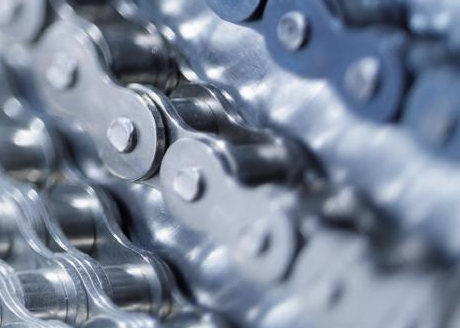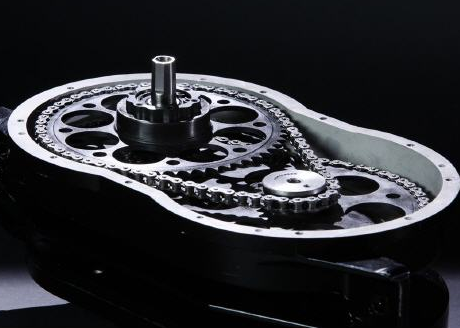
Strategic alliance with Japan
A Bavarian high-tech company conquers the world
The Munich-based family business, Joh. Winklhofer & Söhne GmbH & Co. KG (Iwis Chains), has been an active player on the market for drive and materials-handling technology since 1916. Its highly differentiated product range of chains, chain wheels and equipment is known for its high quality over the world. Jaguar, Porsche, BMW, DaimlerChrysler, Lamborghini, Kia and Citroën are only a few of Iwis’s global clients in the automotive industry. www.iwis.com
Initial Situation
Iwis chains are already implemented very successfully in millions of gas and diesel engines. Iwis, a systems supplier in the drive-technology industry, offers innovative and flexible services that are tailored to the specific needs of its customers. Its products are of very high quality and are in use in many different industrial and agricultural sectors, making Joh. Winklhofer & Söhne GmbH & Co. KG the European market leader in the production of precision chains.
Challenge
In order to face the challenges posed by globalisation to the automotive indus-try, Joh. Winklhofer & Söhne GmbH & Co. KG plans to collaborate with Tsubakimoto Chain Co., the leading chain-production company in Asia, who are also especially successful in Japan. It is not only the enormous size of the Asian company that has confronted the German family business with manifold challenges. Schoen + Company is positioned to contribute the required consulting and project-management skills, technological expertise, as well as knowledge of the Japanese market, language and culture that the job requires. (Managing director Ralf Schön studied engineering in Japan and has worked in the Japanese automotive supply industry.)
Approach
- Getting to know each other: During the Japanese delegation’s visit to Munich, Schoen + Company explains the Japanese business mentality and Japanese expectations to the German company, thus beginning the process of intercultural understanding.
- Initial meeting: Inspection of the Munich production site and presentation of both parties’ product portfolios.
- Technological assessment of the products: Analysis of how each partner’s products can be marketed in the respective clients’ local markets.
- The partners sign an agreement laying out the parameters of their future collaboration.
- Sub-processes: Technological analysis as to whether Iwis should take over any sub-processes of the Japanese partner’s chain production in order to ensure that the Japanese products sold in Germany incorporate local content.
- Start-up and optimisation of preliminary, pilot production lines.
Results
- Revenue more than doubled, from €100 million in 2002 to €242 million in 2007.
- On the Japanese market, the automotive giants Toyota and Mitsubishi were added to Iwis’s client portfolio.
- Following the successful start-up phase, Iwis Chains has penetrated the Japanese market and now receives regular orders.
- Iwis’s expansion into Asia has continued. Despite the success of their Japanese cooperation, Iwis has decided to expand separately into the Chinese and Korean markets with its own, separate distribution units.

